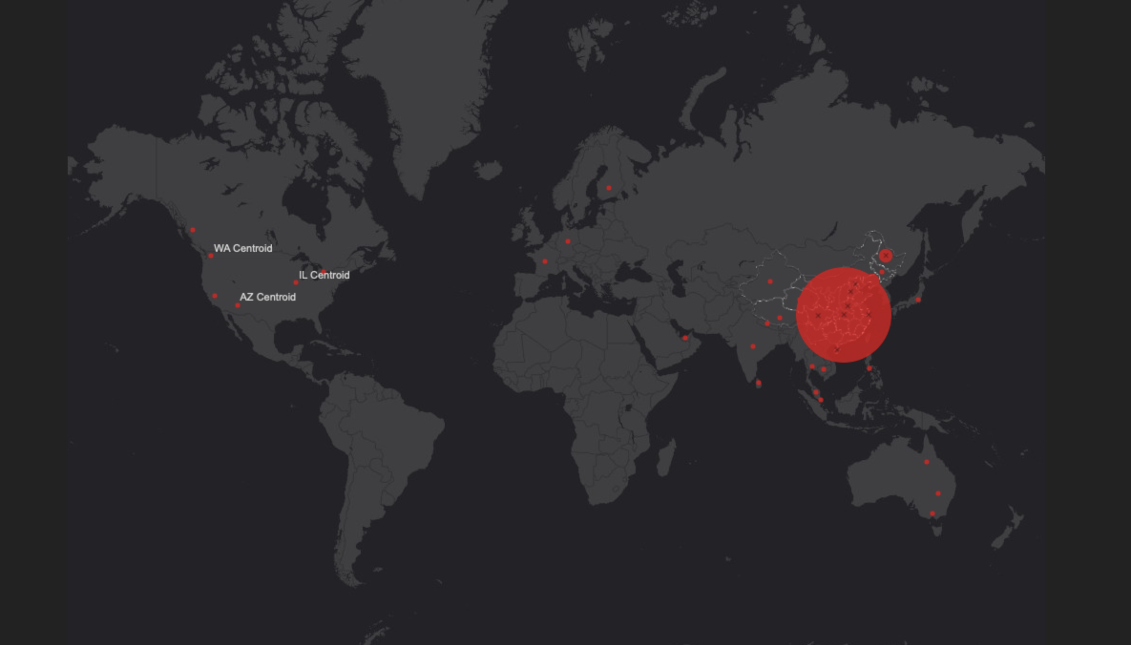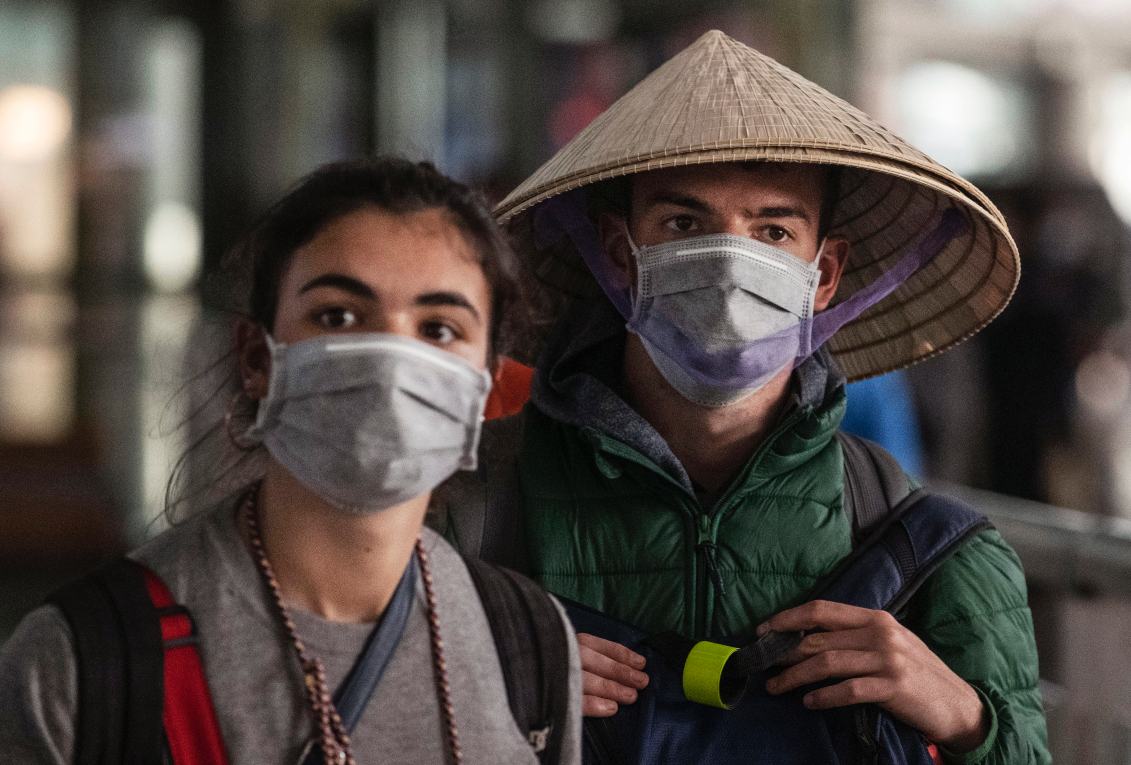
WHO declares a State of Global Emergency, is Latin America prepared to face the coronavirus?
In view of the growing global number of confirmed infections and the impossibility of completely containing the advance of the virus, the inevitable question…
The coronavirus epidemic is a clear cause for concern throughout the planet. Despite the fact that it belongs to a fairly large family of viruses (ranging from the common flu to the new Chinese 2019-nCoV) and that there are numerous examples of viruses that can be transmitted from animals to humans, it is rare that the virus then manages to mutate to transmit itself from a person to another.
This has been the main cause for concern: that it might be transmitted between humans. After several reported cases of human-to-human transmission (including in the United States), the World Health Organization has declared a State of Global Emergency.
According to the latest daily report from the World Health Organization (January 30), to date there are 7,818 confirmed cases of contagion globally, of which 7,736 are in China, where 1,370 people are severely ill and 170 have died. There are also 12,167 more suspected but unconfirmed cases. Outside China, there are 82 confirmed cases in 18 countries.
The current epidemic of coronaviruses is similar to two others: SARS in 2002 (also originated in China, in the province of Canton) and MERS in 2012 (which originated in Saudi Arabia). Both are forms of coronavirus that lead to severe respiratory syndromes and have been characterized by rapid transmission and high mortality. SARS, like 2019-nCoV, was a virus that originated in animals (it may have been in bats in both cases) that were then transmitted to humans.
However, since SARS in 2002, many things have changed for the better.
The WHO has praised the measures taken by China to contain the outbreak. Since 2002, China has strengthened its health system. Contrary to what happened at the time, China quickly made the existence of the virus public, Chinese scientists identified its genetic sequence and published it in a matter of days, allowing groups of scientists around the world to work collaboratively on developing a vaccine, a diagnostic protocol, collaborative mechanisms between reference laboratories, and several other strategies to understand the spread of the disease.
Johns Hopkins University, for example, developed a tool for real-time mapping of coronavirus spread.
In addition, the Chinese government has taken unprecedented steps to contain the disease, quarantining more than 30 million people; a step that, as the New York Times mentions, no American politician would have been able to take. And the construction in record time of a hospital for the treatment of those infected.
On a global level, the hardening of the health measures has been remarkable, in some cases closing borders, at least partially.

In the midst of this context, Latin America has some characteristics that act as protective factors. The first, and most obvious, is distance: not only are we separated by an enormous geographical distance, but direct flights between China and Latin America are very rare.
Mexico had a direct flight passing through Tijuana, which has been cancelled.
This necessarily means that those who arrive in Latin America after having been in China will have to go through controls at other international airports.
RELATED CONTENT
People who are found to have coronavirus-like symptoms, such as fever, for example, will most likely be placed in quarantine.
Still, as Mexican Undersecretary of Prevention and Health Promotion Hugo López-Gatell Ramírez has stated, it is very difficult to contain the disease (due to its own epidemic characteristic), so it is highly probable that sooner or later it will arrive.
However, it is important to take into account the following factors: one, 2019-nCoV seems to be less transmissible and less lethal and two, Latin American laboratories have the capacity to detect it.
While the current coronavirus outbreak has had a mortality rate of 2-4%, its cousins had a much higher mortality rate: 15-20% for SARS and 65% for MERS.
With regard to Latin America's ability to detect infection in a timely manner, authorities have been confident: Marcos Espinal, director of the Pan American Health Organization's Department of Communicable Diseases and Health Analysis, told CNN en Español that most Latin American countries have sufficiently well equipped laboratories.
"These are routine technologies in any laboratory for diagnosing bacteria or viruses," Isabel Sola, the co-director of the coronavirus laboratory at the National Center for Biotechnology in Spain, told DW.
In several Latin American countries, including Brazil, Ecuador, Mexico, Colombia and Peru, travelers suspected of being infected have been tested, but so far there have been no confirmed cases.
Argentina, Bolivia, Brazil, Chile, Colombia, Costa Rica, Ecuador, El Salvador, Guatemala, Mexico, Panama, Paraguay, Peru, Nicaragua and Uruguay have taken steps to tighten their health and safety controls.
While it took the World Health Organization several days to decree a global state of emergency because the countries where there have been declared cases so far have sufficient economic and technological development to deal with them, it is now focusing on strengthening the security and response capacity of the least developed and therefore most vulnerable countries. An important part of this effort is being concentrated on Africa.










LEAVE A COMMENT: